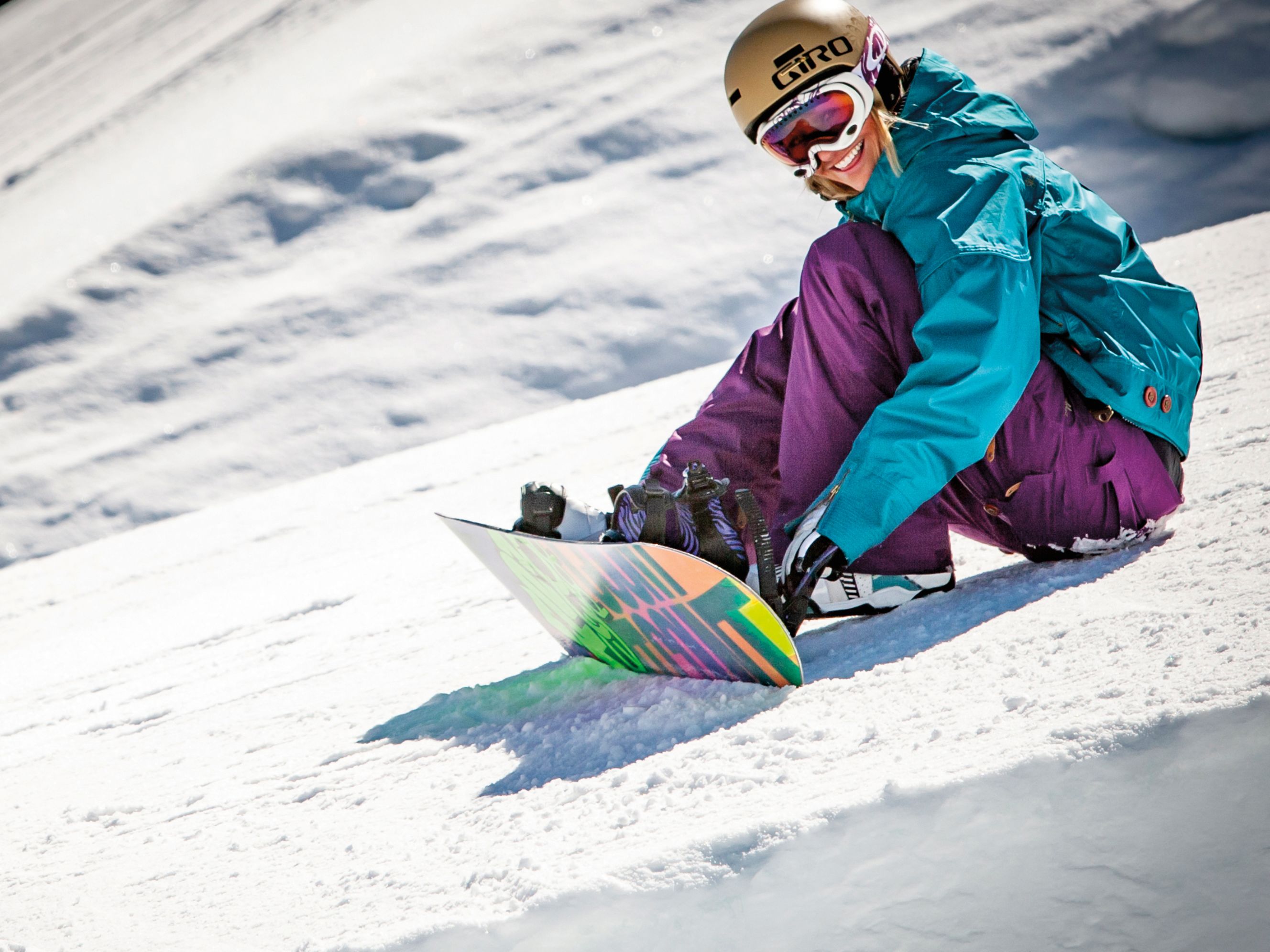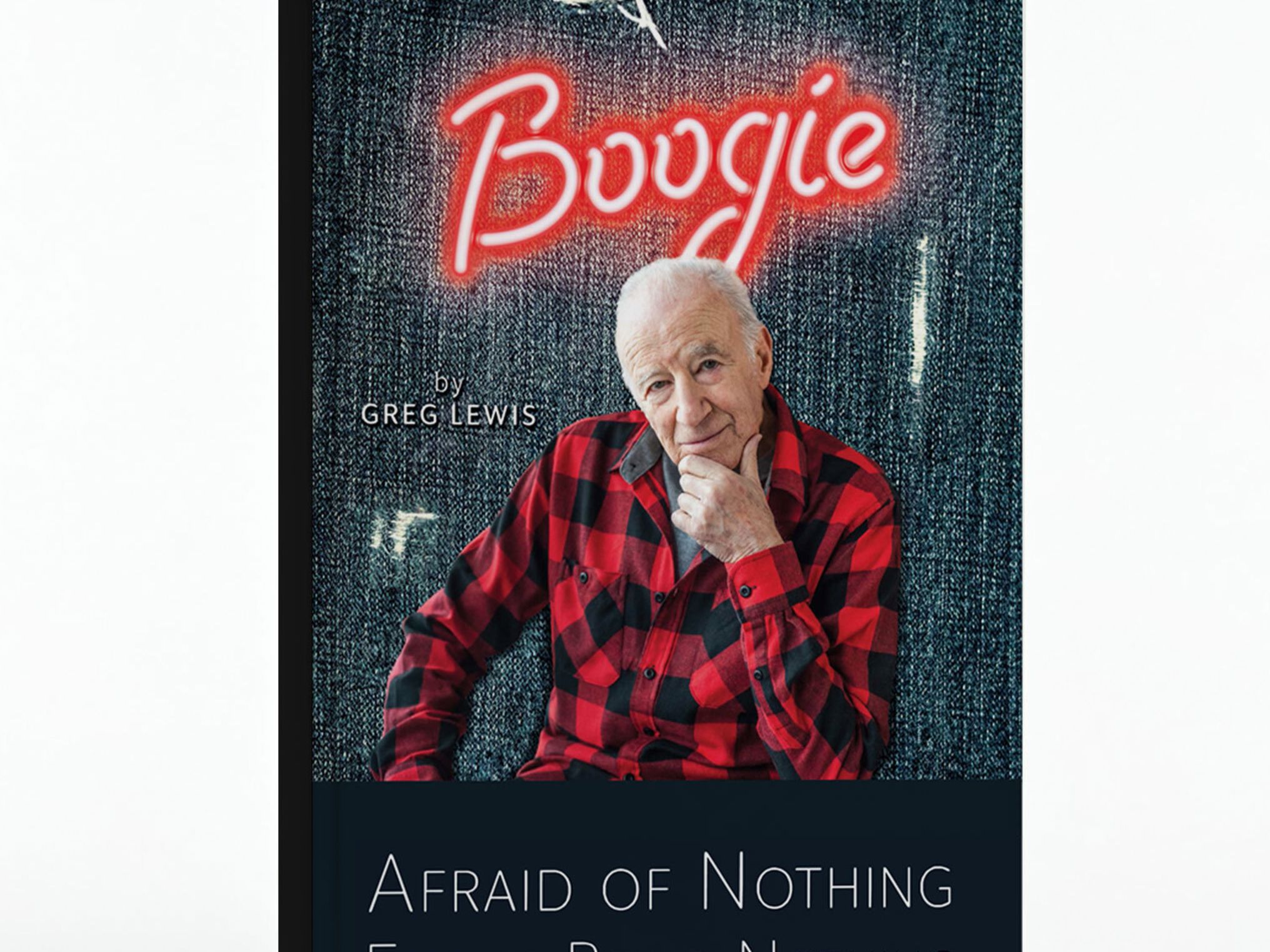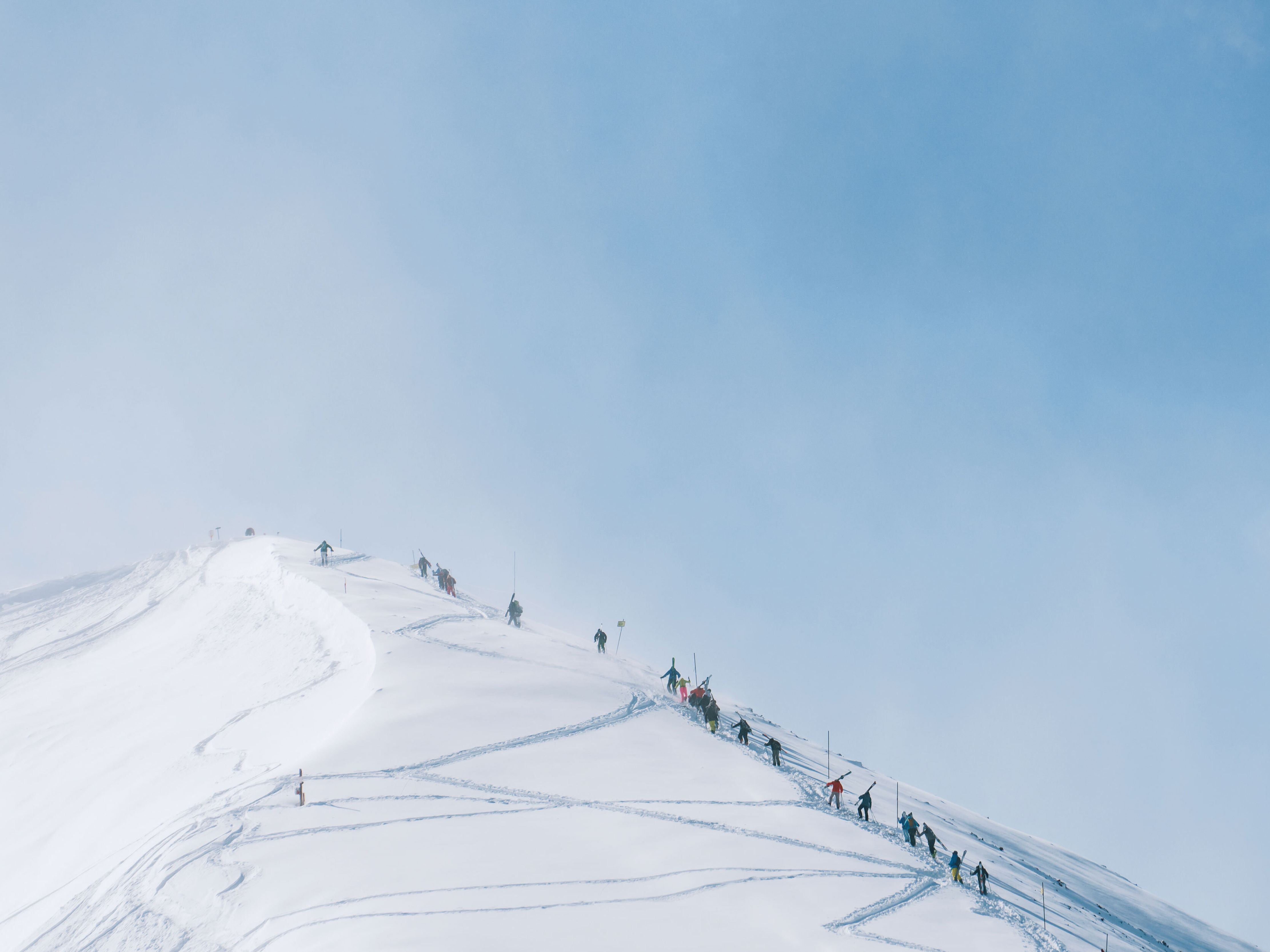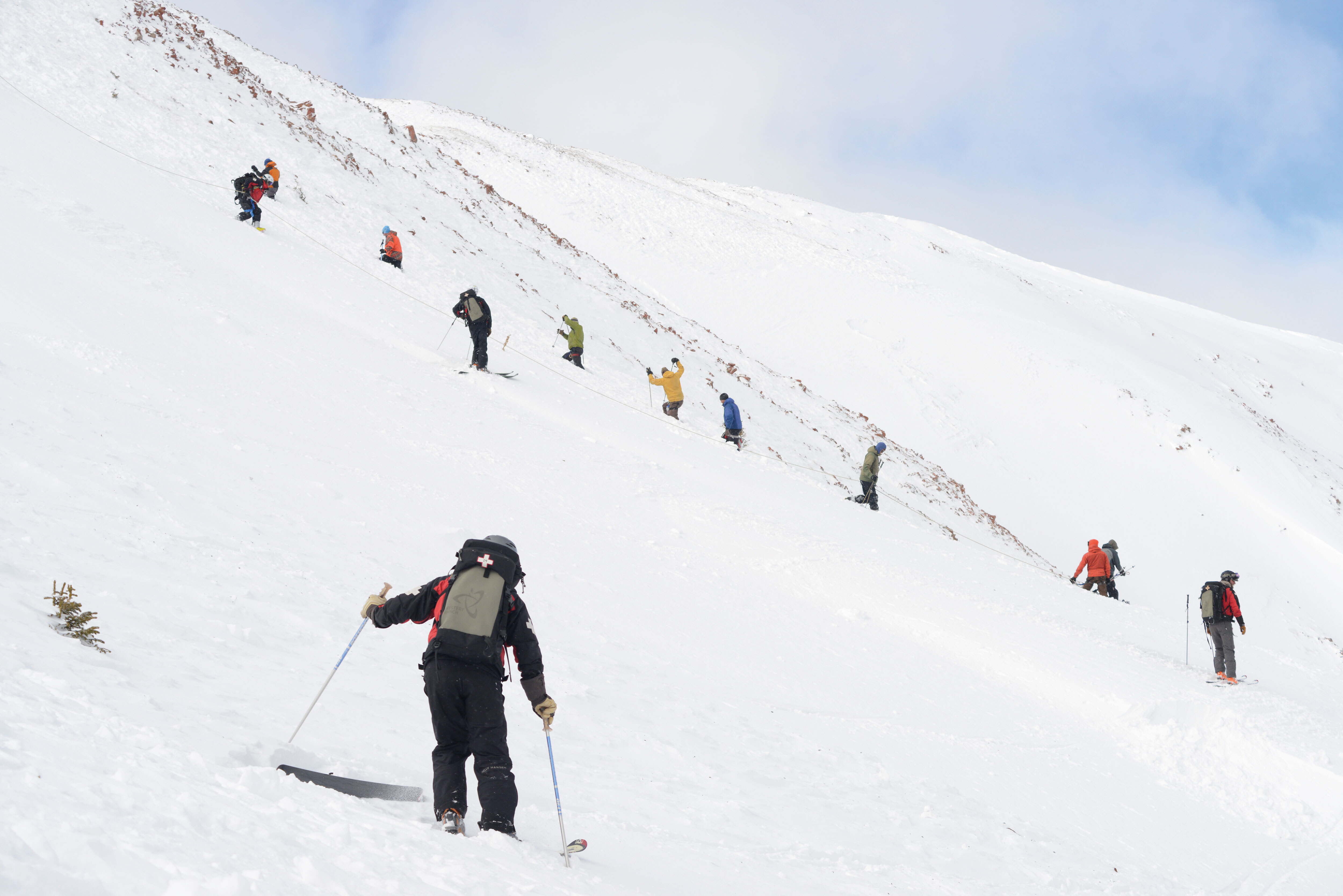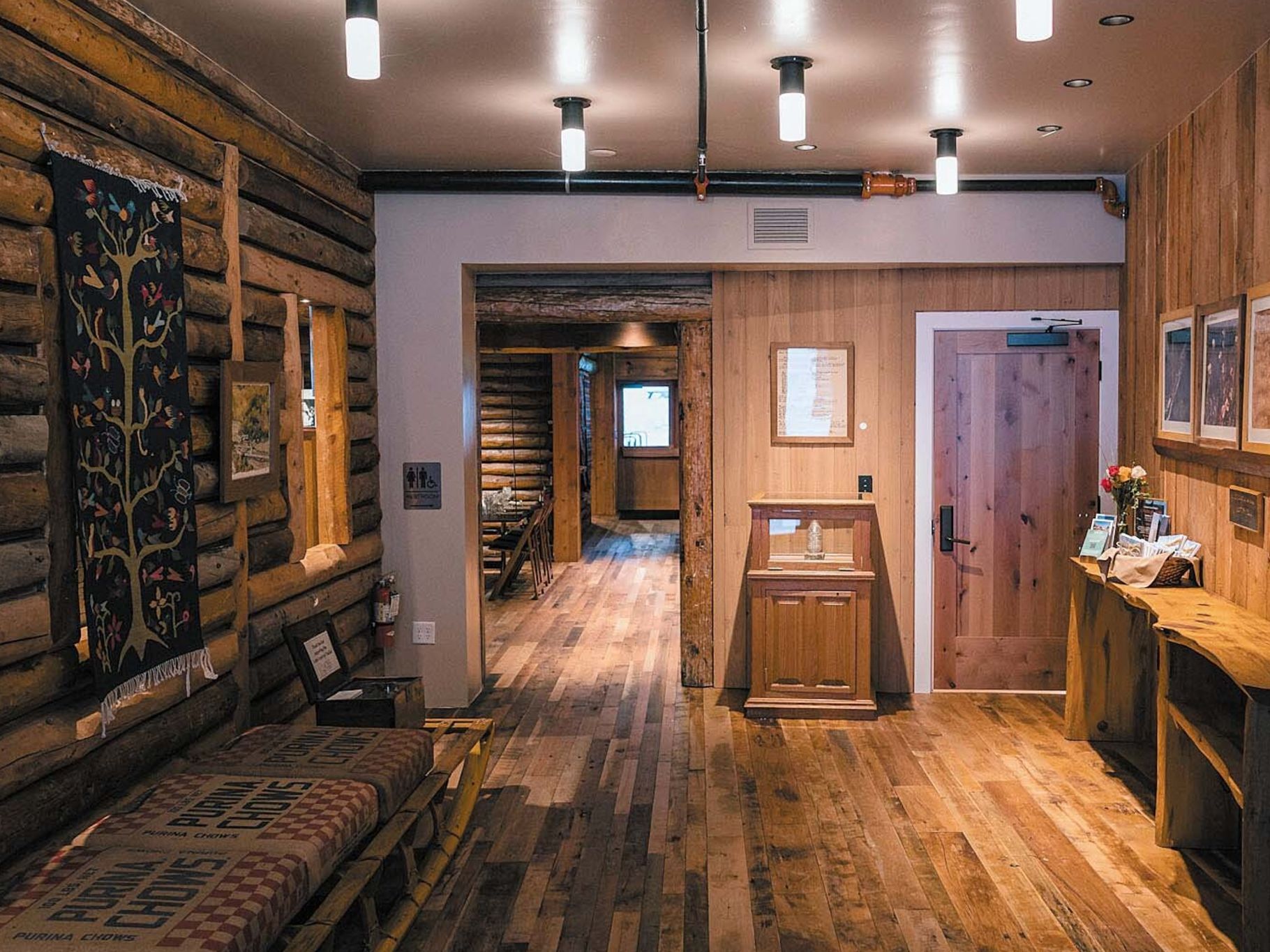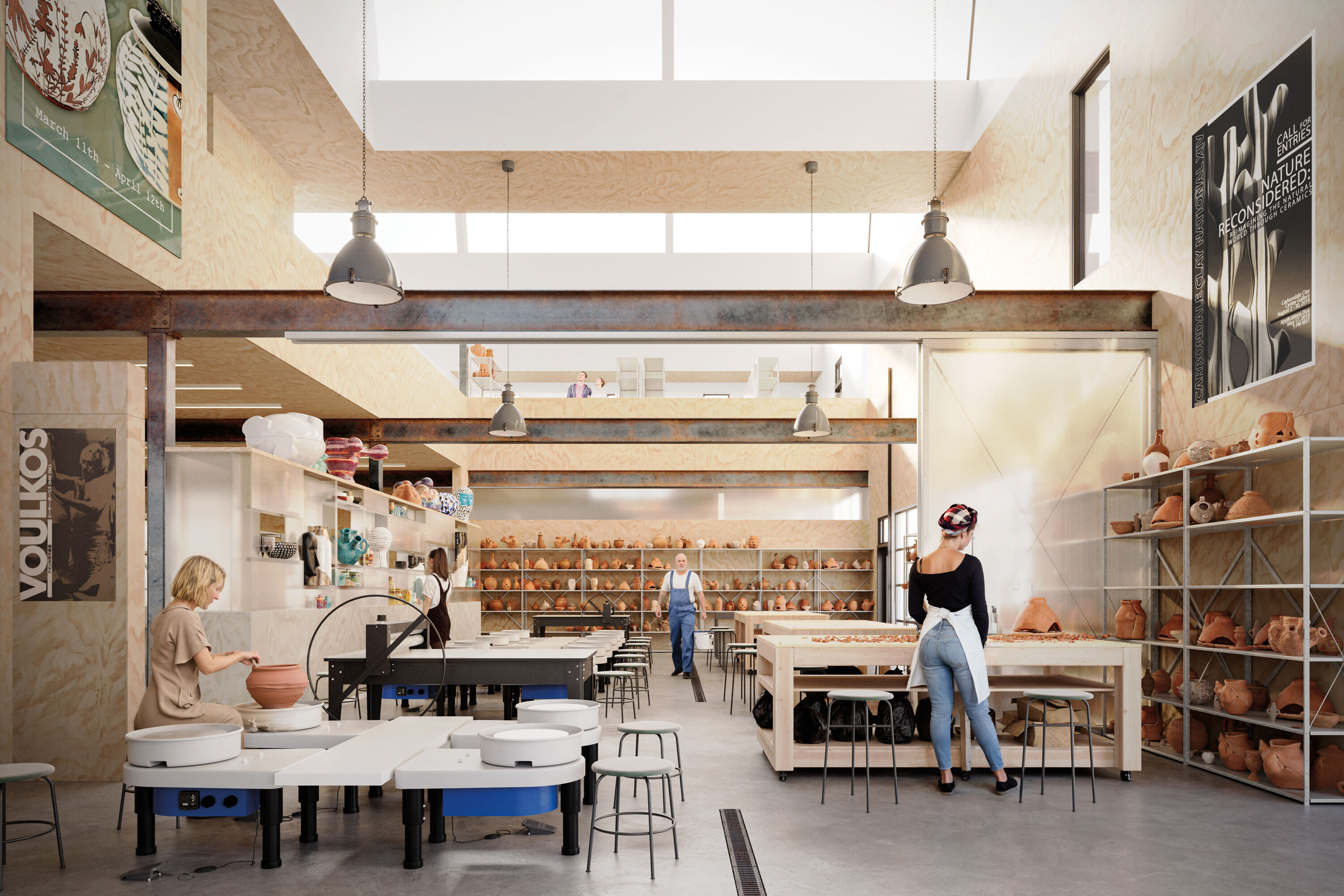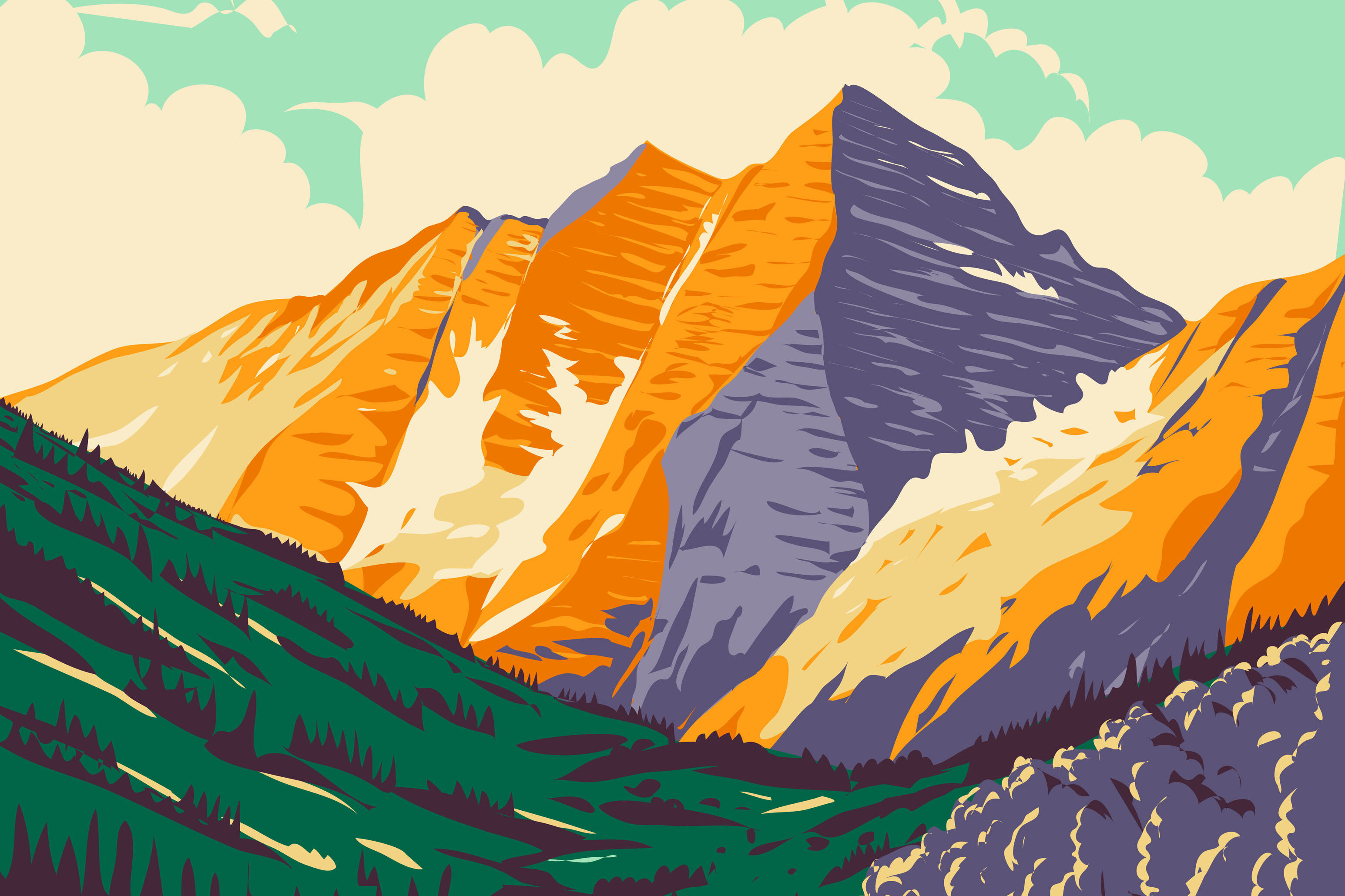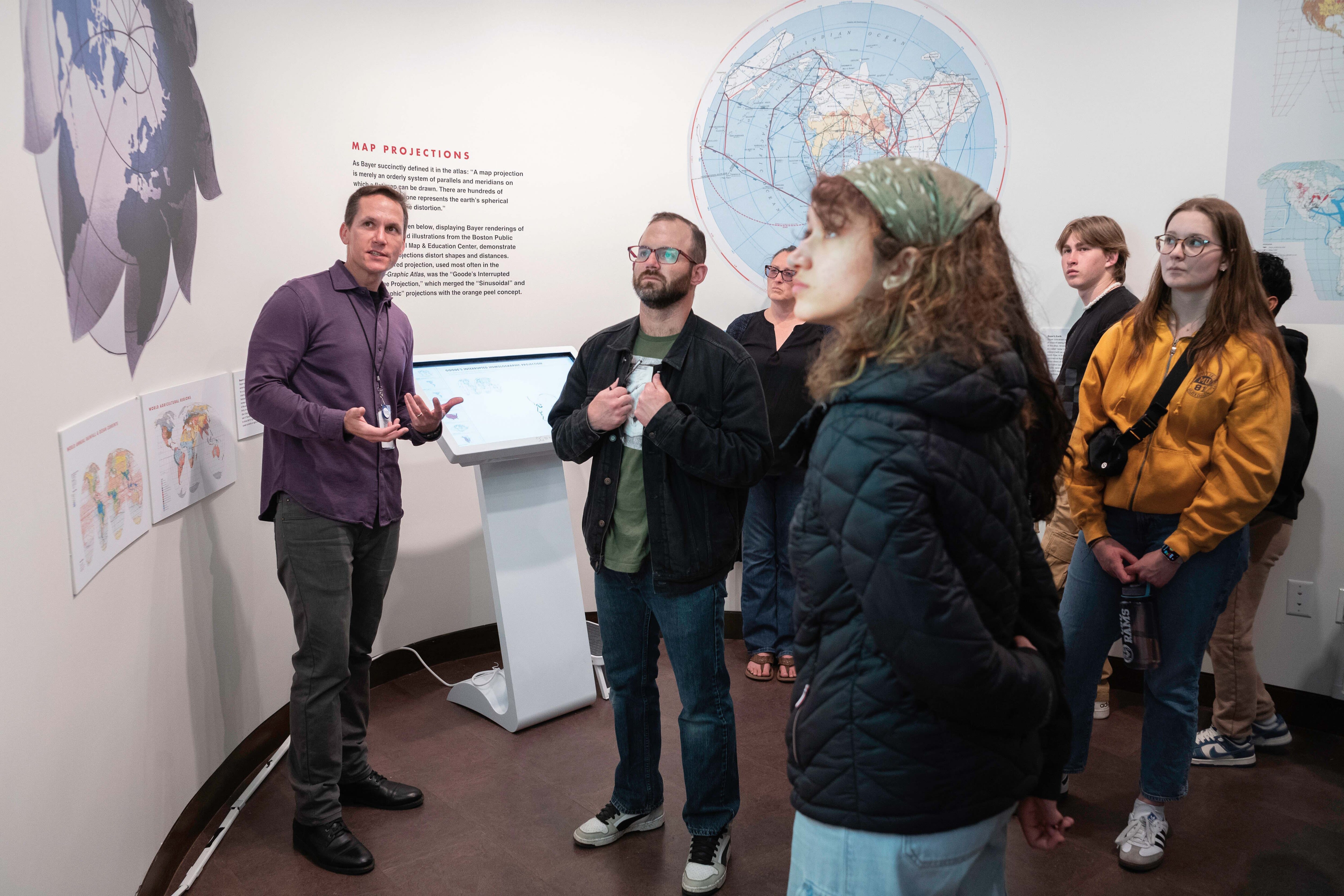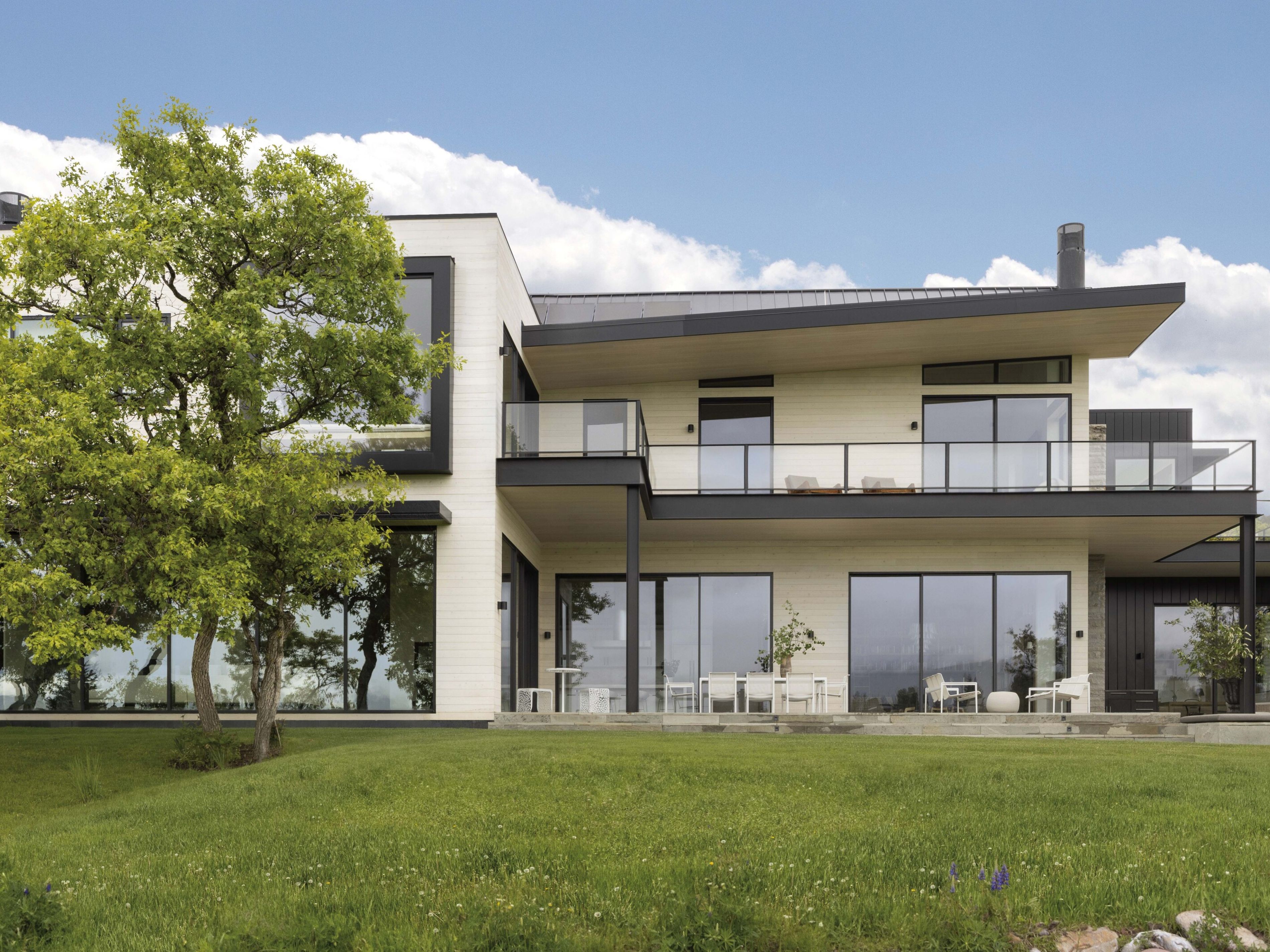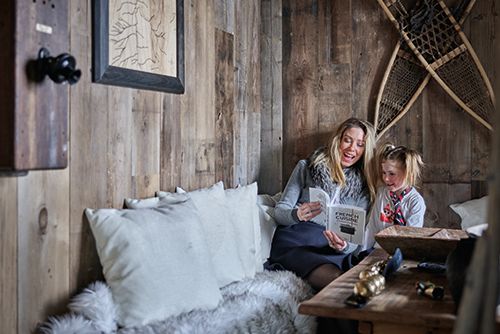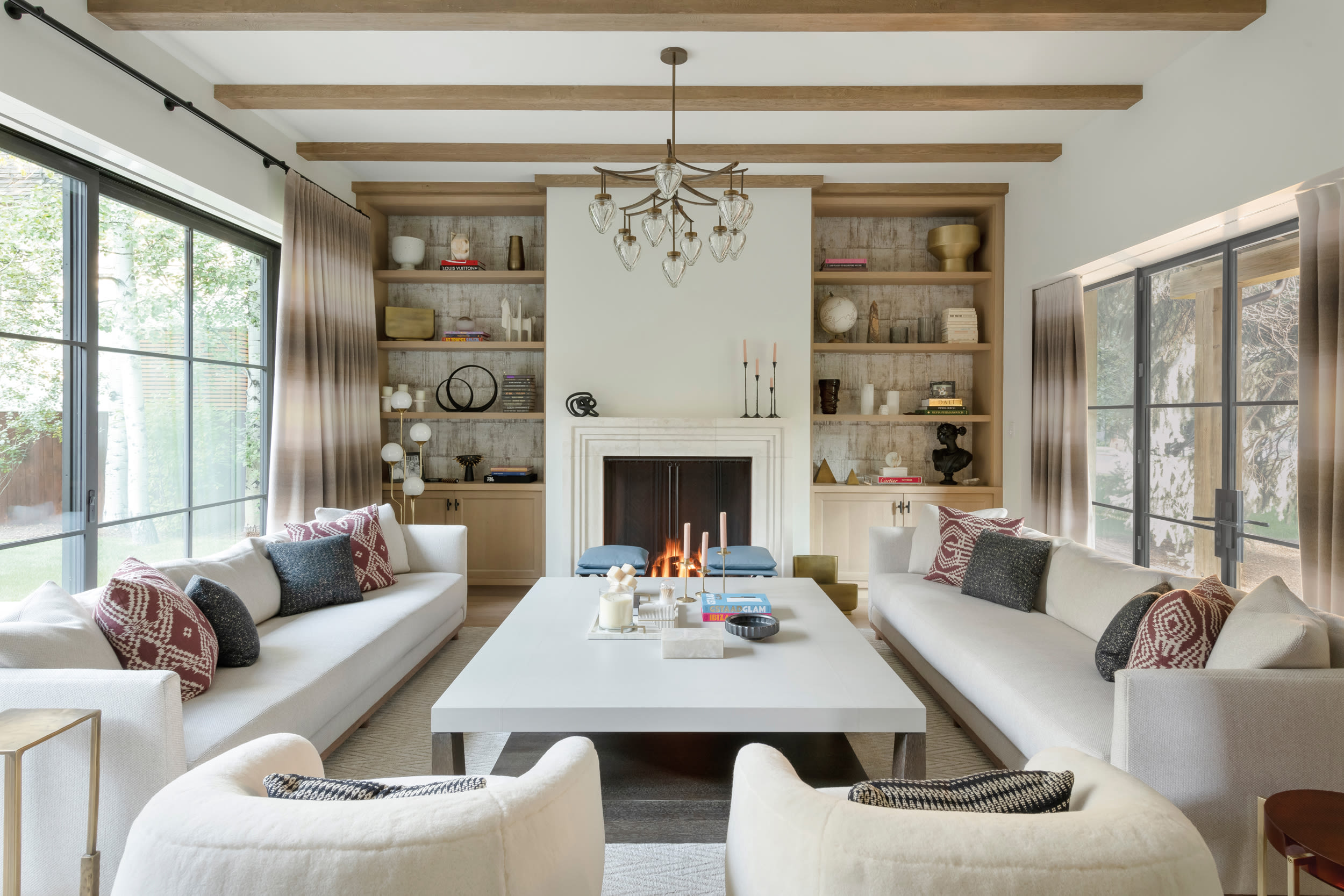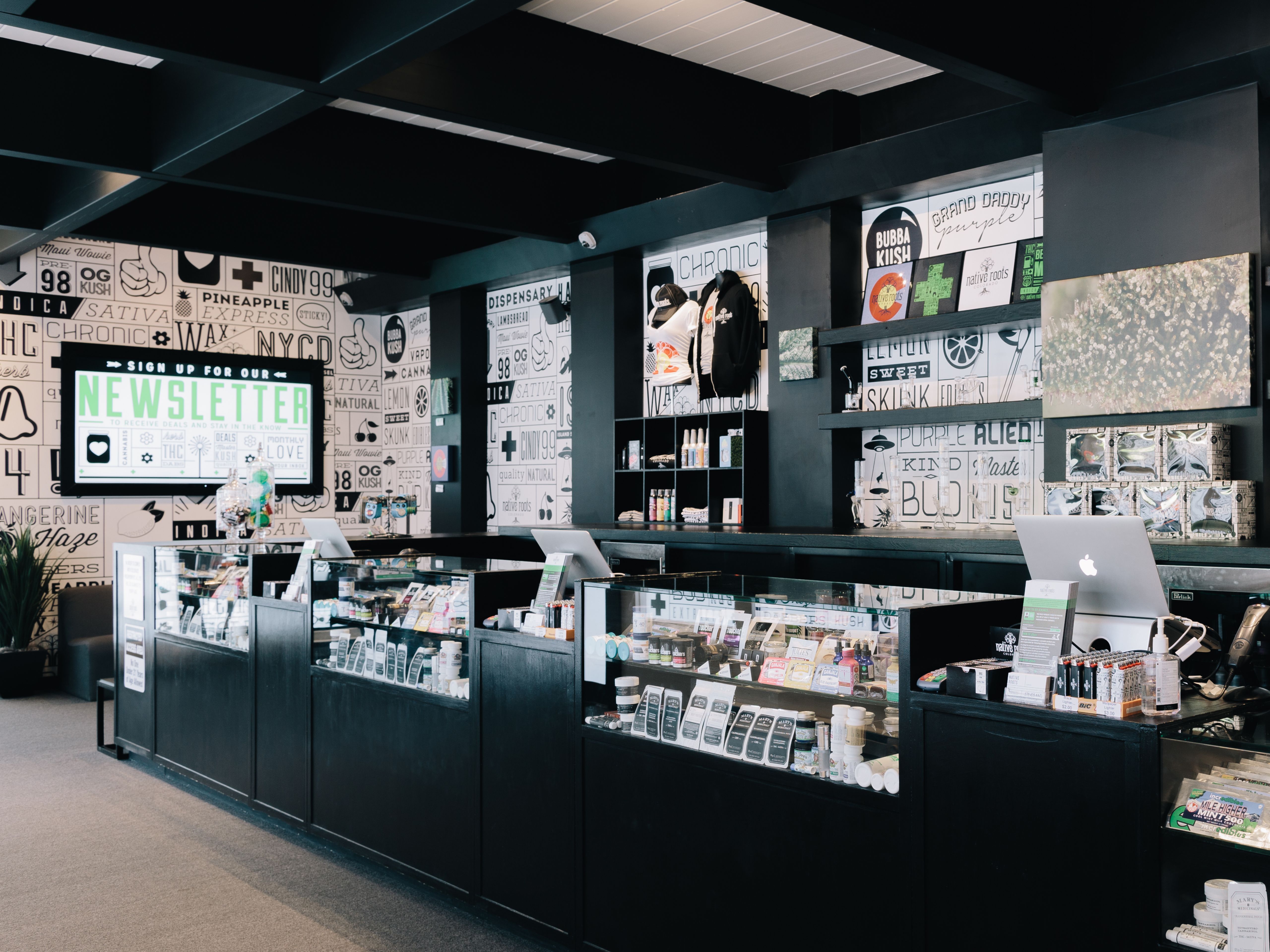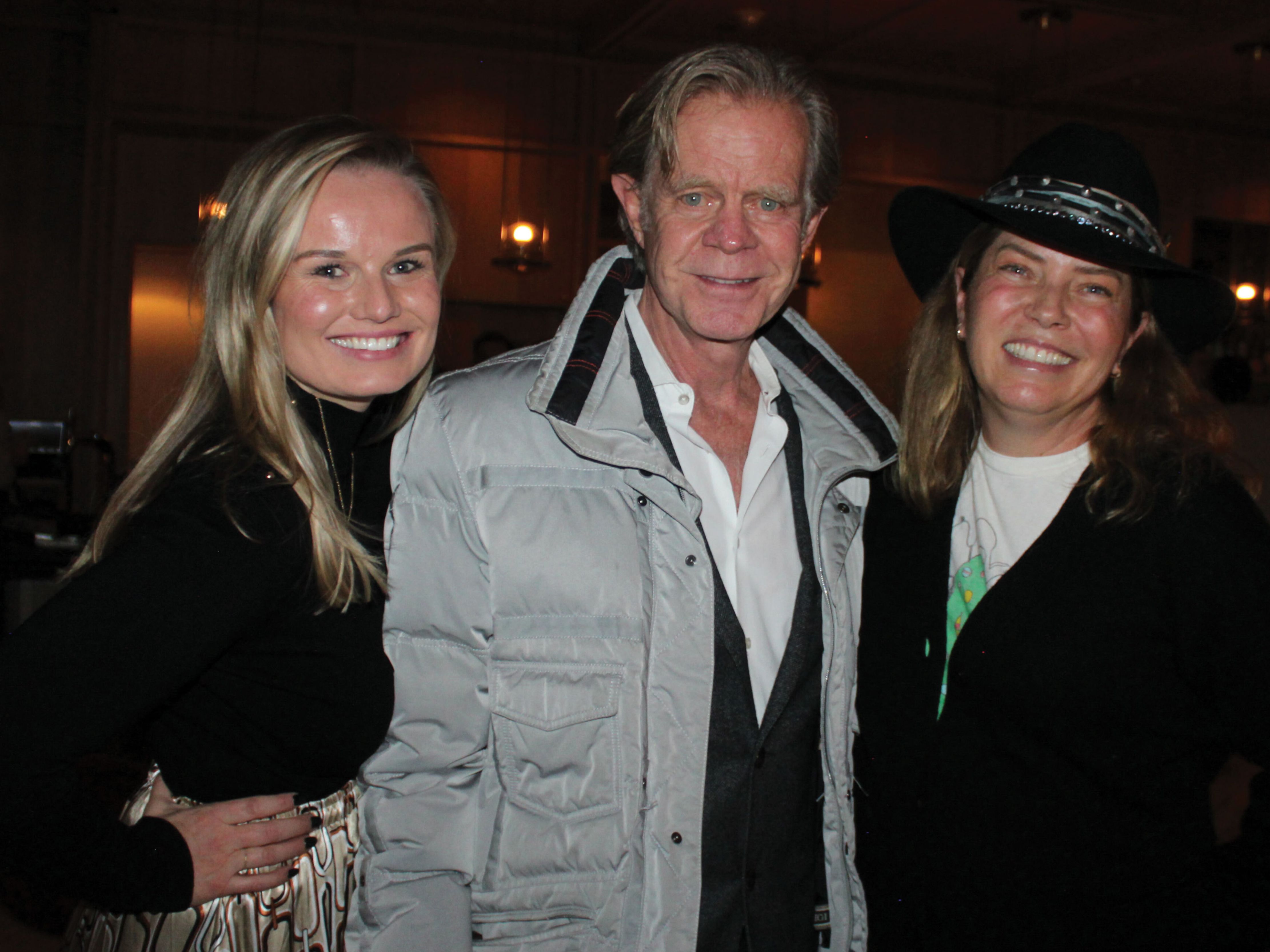Blade Runner

Image: Karl Wolfgang
Aspen Sojourner: You’re based in Rifle, but you service restaurants across western Colorado in your mobile knife-sharpening and kitchen-supply truck. How do you operate?
Mike Kosec: Tuesday I’m in Vail, Wednesday in Grand Junction, Thursday in Aspen. Today I have about fourteen stops: two in Snowmass, the Maroon Creek Club, Aspen Valley Hospital, Ellina, L’Hostaria, Steak House No. 316, the Little Nell. All together, thirty to forty customers in Aspen, some once a week, once a month, once every two weeks. The biggest is Caribou Club—one of my original customers.
AS: What do you do there?
MK: I retrieve knives from the kitchen and do the whole gamut of sharpening on the truck. I can make a new edge, change the bevel, take the burr off, or clean the edge. On some stops, I’ll just resupply garbage bags, latex gloves, food film-wrap; I know what they’re gonna go through. I order four or five pallets of garbage bags, 300 to 400 cases at a time. Eighty percent of people who come on the truck end up buying something. Often they say, “I had no idea you had all this stuff!”
AS: You do have a lot of stuff in here—on the walls and even the ceiling: mixer blades, flavor injectors, measuring spoons, the biggest potato masher in existence.
MK: It’s like a Snap-on Tool Truck for chefs. All custom oak. I have all kinds of kitchenwares: grinder parts, peelers, storage containers, baskets, everything you can imagine. I have a catalog with walk-in coolers and stoves; I once sold $35,000 of equipment for the opening of a kids’ ranch in Dotsero. Chefs’ pants, coats, those are big sellers. Everybody wants or needs new pants.
AS: That’s the practical side of what you do. What about the personal?
MK: The fun part is seeing the chefs. I’ve been doing this twelve years, and it’s amazing that some of ’em are still in the same place. I try to get chefs to check out the truck. We talk about their bosses, sports, whatever. I’m a psychologist, for sure. They’re entombed in the kitchen for twelve hours a day. These chefs are myopically food, food, food. There are no windows in the kitchen.
AS: As executive sous chef of the Colorado Convention Center in Denver for six years and a Sheraton Denver Tech Center banquet chef before that, surely you can relate. Any parallels to your current gig?
MK: Definitely the craftsmanship, the perfection side of it. “Don’t screw up the chef’s knives” and “Don’t screw up the chef’s food” is the same philosophy.
AS: How has the industry changed in the past decade?
MK: Everybody’s going from German to Japanese knives. In terms of food: the farm-to-table thing, real food not covered up, as opposed to chefs trying to make a name for themselves by being real fancy. In Aspen—and Vail, for that matter—it’s just good, unpretentious food.
AS: Any shake-ups?
MK: When Pacifica closed. They were a huge customer, on a weekly basis. I do Kenichi and Matsuhisa, but sushi chefs don’t necessarily give up their knives. It’s part of the tradition of being a sushi chef to sharpen your own knives. Your fish, your knife.
AS: I see you’re putting on safety gloves.
MK: These are stainless-steel chain mail. I do have a chain-mail apron, but—don’t tell my wife—I haven’t worn it in years. It is about fifteen pounds.
AS: What happens if you drop a knife on the grinding wheel?
MK: [Pointing] I run that way!
AS: Have you suffered any major accidents?
MK: See this hole right here? I go through two, maybe three, pairs of these gloves a year. I had a carving knife hit that one spot. Five stitches. That was in 2002, and it’s not even the worst. Two incidents in ten years is not bad. Being self-employed, I don’t have workers’ comp.
AS: Sheesh, these knives look sharp.
MK: Especially the Japanese knives. I finish them with a whetstone. 6,000 grit, and it’ll be pretty darn close to razor sharp. I also have a rental program, if chefs damage or lose a knife.
AS: What don’t you do?
MK: As I say, I can sharpen everything—except your wit.
